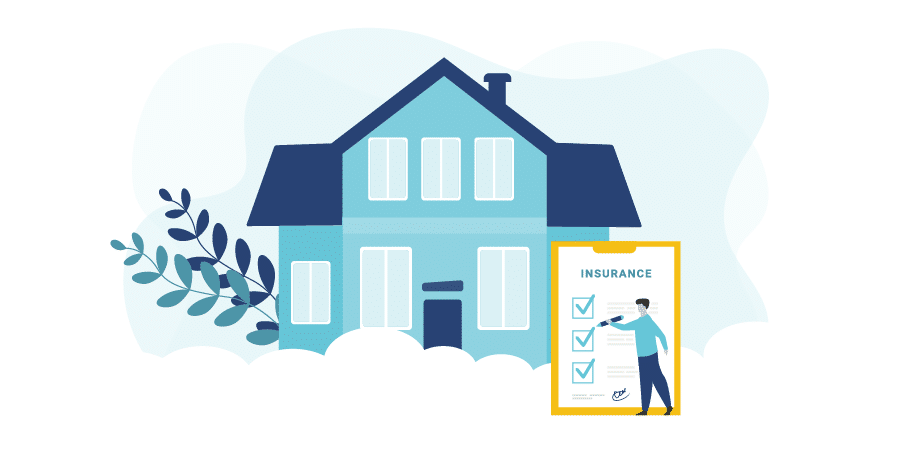First-time homeowner's insurance guide

Navigating the complexities of purchasing property insurance for the first time can be an overwhelming experience. Understanding the basics of homeowner's insurance is crucial for new property owners.
This guide aims to demystify the process, ensuring you have the necessary information to secure the right coverage for your new home.
Understanding First-time Homeowner's Insurance
Acquiring insurance as a first-time homeowner is a significant step towards protecting your investment. A homeowner's policy covers damages to your home and possessions and offers liability protection.
The coverage typically includes protection against perils such as fire, theft, and natural disasters. It's important to know that coverage varies, and exclusions may apply; thus, reading and understanding your policy details is essential.
When considering first-time homeowner's insurance, it's critical to evaluate the replacement cost of your home, which can differ from its market value. Insurance should cover the cost to rebuild your home at current prices should it be destroyed.
Determine whether you will need additional special coverage for high-value items, such as jewelry or art, which may not be fully covered under a standard policy.
Key Components of a Homeowner's Policy
Homeowner's insurance typically consists of four main types of coverage: dwelling, other structures, personal property, and liability.
Dwelling coverage protects the structure of your home, while other structures cover things like fences and sheds. Personal property coverage safeguards the contents of your home, and liability coverage protects you in the event someone is injured on your property.
Additionally, you may want to consider loss of use coverage, which can help pay for living expenses if your home becomes uninhabitable due to a covered loss.
Shopping for the Right Coverage
As a first-time homeowner, shopping around for insurance is advised. Comparing quotes from multiple providers ensures you get the best coverage and rates suited to your needs.
Working with an insurance agent can be beneficial as they can help navigate the nuances of different policies and endorsements. They can also answer any questions you might have about the coverage options.
Keep in mind that the lowest premium is not always the best option if it means less coverage. It's critical to strike a balance between affordable premiums and sufficient protection.
Discounts may be available for things like security systems, fire alarms, bundling with other policies, and being claim-free, so always inquire about potential savings.
Understanding Policy Limits and Deductibles
Policy limits are the maximum amount an insurance company will pay for a covered loss. It's pivotal to choose limits that align with the value of your home and possessions.
Deductibles are what you agree to pay out of pocket before your insurance covers the rest. A higher deductible typically leads to lower premiums, but you must ensure that you can afford the deductible should you need to file a claim.
The Importance of Regular Policy Review
Once you have acquired first-time homeowner's insurance, it's vital to review and update it regularly. Changes such as home improvements, purchasing valuable items, or changes in local building costs can affect your coverage needs.
An annual review with your insurance provider will keep your policy current and ensure that you are adequately protected at all times.
Special Considerations for High-Risk Areas
If your new home is in an area prone to floods, earthquakes, or other natural disasters not typically covered by standard homeowner's insurance, acquiring additional policies for these specific risks may be necessary.
Speak with an insurance professional to understand what additional protection you might need based on the geographic location of your property.
Claim Filing Process
In the unfortunate event that you need to file a claim, knowing the process in advance can alleviate stress. Contact your insurance provider immediately after a loss, document all damages with photos and videos, and keep receipts for any repairs or temporary living expenses.
Your insurance company will send an adjuster to assess the damage and determine the claim amount. It is in your best interest to understand this process beforehand to ensure a smoother claim experience.
As a first-time homeowner, securing insurance for your property is a vital part of home ownership. It provides a safety net for what is likely one of your most significant investments. By understanding and selecting the appropriate coverage, you'll be well-prepared for any unforeseen events, ensuring peace of mind as you settle into your new home.

Related